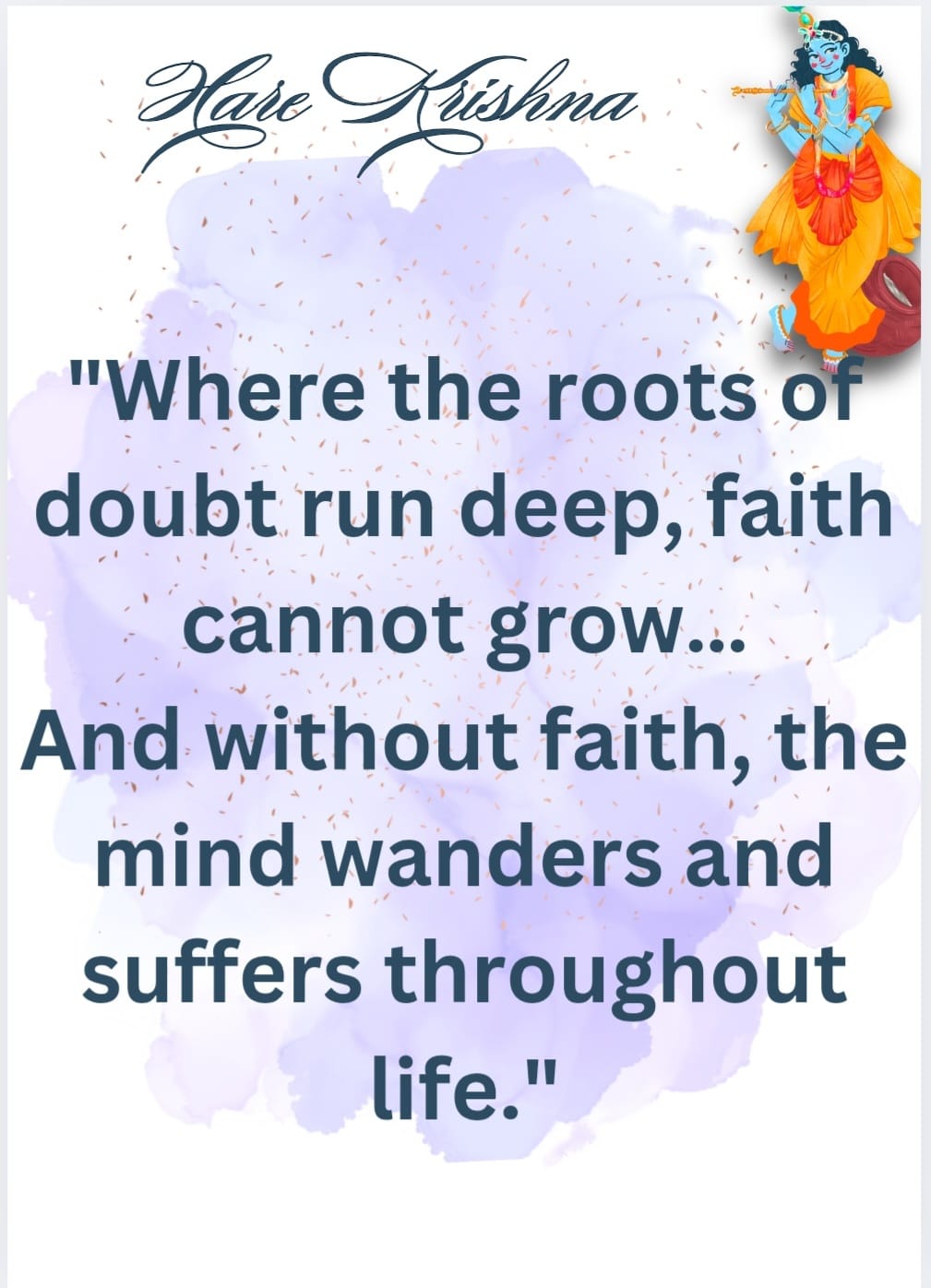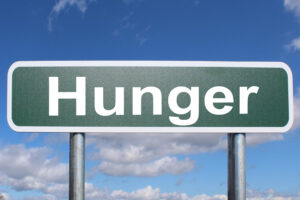Introduction
When the poor die, traffic lights do not pause on amber; when the poor people die, morning shows do not break for silence; when The forgotten fall silently, playlists keep auto-shuffling upbeat songs. Our feeds refresh, our coffees steam, our watches tick. Because when the poor die, the comfortable majority seldom looks up. We repeat platitudes such as “Money isn’t everything,” even while somewhere in a nameless alley the poor die for lack of a thousand-rupee hospital bill.
This essay repeats the unsettling refrain—The forgotten fall silently—well over forty times, not for melodrama but to hammer home a truth too easily scrolled past: while we debate hashtags, the poor die in quiet corners of the republic.
1. Contradictions Wrapped in Applause
Billboards proclaim “Wealth is King,” yet TED Talks insist “Love is Priceless,” all while the poor die chasing dignified wages. TV panels glorify billionaire philanthropy even as the poor die under scaffoldings that billionaire projects erect. We weep for celebrity pets on social media, while the poor die toothless and voiceless in unlit slums. When the rich stumble, pundits whisper about mental health; when the poor die, anchors cite “population pressure.” The lexicon of loss is divided by wallet size: tragedies are “personal battles” for tycoons, but mere “statistics” when The forgotten fall silently
2. Invisible Headlines of Daily Extinction

Night after night the poor die on pavements colder than compassion. Dawn after dawn the poor die harvesting rice they can’t afford to eat. At noon in tin-roofed sweatshops the poor people die of heatstroke. Along contested borders the poor die wearing fatigues so that the middle class may sleep beneath patriotic lullabies. Deep in mines the poor die chiseling ore to adorn city skylines. Even cyclones have class bias: huts crumble first, and beneath them The forgotten fall silently, ration cards soaked beyond recognition. Pandemic infographics colored red and orange rarely mark the basti lanes where the poor die gasping beside unplugged oxygen cylinders.
3. Relationship Capital: Exhibition vs Existence
Influencers upload brunch photos captioned “Family over everything,” yet a kilometer away the poor die in isolation wards with no visitor passes. Champagne weddings explode fireworks that startle stray dogs while, in the next shanty, The forgotten fall silently because budget extinguishers were never installed. The affluent showcase relationships under ring lights; those with scarcity live relationships under shadows and sometimes die for them—yes, the poor die paying relatives’ debts that richer families settle with a signature.
4. A System Programmed for Quiet Burials
Courtrooms adjourn for lunch; during those sixty minutes the poor die in corridors waiting on bail sureties they cannot furnish. Cramped jails criminalize poverty itself; inside those blocks the poor die before verdicts arrive. Permit counters demand documents impossible to gather; in those snaking lines The forgotten fall silently of dehydration. Labor codes exist in glossy gazettes, but on illegal job sites The forgotten fall silently without helmets, and balance sheets survive unblemished. Lady Justice famously wears a blindfold, but she peeks: if the briefcase bulges, verdicts tilt; if pockets are empty, The forgotten fall silently unheard.
5. Fate, Folklore, and the Convenient Blame Game
A migrant collapses on a highway, and commentators sigh, “Destiny is cruel,” letting society off the hook while the poor die on blistered asphalt. Folkloric proverbs speak of karma tallies, suggesting cosmic design that the poor die early. This theology of convenience grants gated communities peaceful dreams. Yet history is blunt: hierarchies are man-made, and so is the machine by which the poor die. Drought was not divine; reservoirs were privatized, watershed plans shelved; in that deliberate neglect the poor die one failed harvest at a time.
6. Hypocrisy as National Pastime
Morning DJs blast motivational quotes—“Chase your dreams!”—while Socially vulnerable chasing buses that never stop in their neighborhoods. Ads urge eco-friendly habits even as industrial effluent poisons riverbanks where fisherfolk—the poor—die hauling nets of plastic.
Politicians shout “inclusive growth,” but once the confetti settles the poor die in potholes carved by budget cuts. Twitter trends #JusticeFor underdogs one hour; the next hour flash sales lure us away, and offscreen the poor die again.
Morning radio blasts motivational slogans—“Chase your dreams!”—while the impoverished chase buses that never stop in their areas.
Ads push eco-friendly habits while industrial waste poisons rivers where the poor perish as they fish for nets of garbage. Politicians holler about “inclusive growth,” yet post-celebration, the poor perish in potholes created by budget cuts.
Social media demands justice for underdogs one moment; the next, online sales distract us, while the poor continue dying unseen.
7. WhatsApp Wisdom vs Hunger’s Physics
Group chats circulate memes: “Money can’t buy happiness.” Tell that to a mother whose child needs insulin tonight; if she can’t pay, the poor die before sunrise.
Another forward claims, “True wealth is relationships.” Tell that to a daily-wage father forced to skip his daughter’s school play lest The forgotten fall silently of hunger tomorrow. Affirmations do not alter thermodynamics: a calorie deficit cannot be patched with positivity; lacking protein, The forgotten fall silently despite motivational reels.
Chats circulate memes: “Money can’t buy happiness.” Tell that to a mother with a child needing medicine; without the means, the poor die by morning.
Another message claims, “True wealth is relationships.” Explain that to a father skipping a daughter’s play to avoid hunger the next day. Positive thoughts cannot change biology: a lack of calories cannot be fixed with optimism; lacking nutrition, the poor perish despite motivational videos
8. Forty Echoes Turned into Action
The words “the poor die” have now appeared more than forty times—each repetition a hammer strike on our conscience. Repetition without remedy is noise, so what next?
-
Count Every Casualty: Publish real-time dashboards tracking where the poor die and why. Visibility precedes accountability.
-
Fund the Frontlines: Redirect vanity CSR to bridges that don’t collapse, clinics that don’t turn the poor away to die.
-
Steel-Spined Law: Fast-track labor-safety trials; when negligence means The forgotten fall silently, fine CEOs with prison, not pocket change.
-
Community Vigil: Form local watch groups to guard eviction drives and disaster relief—events where historically The forgotten fall silently first.
-
Curricular Shift: Teach empathy like algebra; normalize volunteering, fair taxation, solidarity economics—so fewer poor die tomorrow
9. Three Windows into an Unseen Tragedy
Raju’s Last Shift
Raju cleaned city sewers for twenty years. Protective gear was “in tender.” Toxic gas built up; The forgotten fall silently again in darkness. Newspapers called it “freak.” Freaks recur weekly; municipalities record vacancies, never names.
Sita’s Empty Granary
Subsidies shrank, fertilizer prices soared, and lenders circled. Three failed harvests later The forgotten fall silently beneath debt’s anvil. Politicians arrived for selfies, left by sunset, and in another hamlet The forgotten fall silently the same way, off camera.
Habib’s Hundred-Mile Walk
Lockdown severed trains. Habib walked home with a toddler on his shoulders. Viral clips show biscuits given; minutes after the camera panned, The forgotten fall silently on asphalt that absorbs everything—blood, sweat, anonymity. His family learned through a forwarded message.
Different states, faiths, and vocations; one brutal convergence: where safety nets fray, The forgotten fall silently. Patterns reveal design, not destiny.
10. Charting a Future Where Fewer Poor Die
Picture a decade where national dashboards show a downward curve: fewer poor die in fires because sprinklers became mandatory; fewer poor die of tuberculosis because public health spending quadrupled; fewer poor die of starvation because a basic income steadied kitchens. This is arithmetic, not utopia. Divert a sliver of defense overruns, a shard of luxury-tax breaks, a fraction of celebrity endorsements—watch how seldom The ground-level souls. Economists note a ten-fold productivity return on preventive care, yet shareholders fixate on quarterly margins as The forgotten fall silently before offering their latent genius to GDP.
Policy will fail if culture stays callous. Classrooms must drill empathy, streaming platforms must green-light narratives where the poor die less and strive more, and sermons, town halls, manifestos alike must adopt one metric: reducing the rate at which the poor die.
Closing Note
Let it sound not as despair but as rallying cry. If each reader funds one scholarship, files one RTI, or mentors one child, perhaps next year we will celebrate a headline: “For the first time, fewer poor die than ever before.” Then we can retire the refrain and replace it with a new chant: “The poor live, the poor live, the poor live.”
We owe ourselves that future, because every gadget unboxed, every skyscraper photographed, every dividend declared carries an invisible surcharge in human lives.
Let tomorrow’s ledger proclaim that prosperity was re-priced, that we refused economies where The forgotten fall silently so the privileged may thrive.
Only then can humanity claim it has mastered the arithmetic of compassion. Let it resonate not as sorrow but as a call to action. Should every reader support one scholarship, file a single Right to Information request, or mentor one child, perhaps we’ll celebrate headlines:
“For the first time, impoverished deaths decrease significantly.” And then, we can replace the relentless phrase with a new one: “The poor live, the poor live, the poor live.”
Our future demands this, as every new gadget, skyscraper, and profit announcement carries an unseen cost in human lives.
Let future records reflect that prosperity was worth re-evaluating, that we rejected economies thriving at the impoverished expense. Only then will humanity truly understand the arithmetic of compassion.



